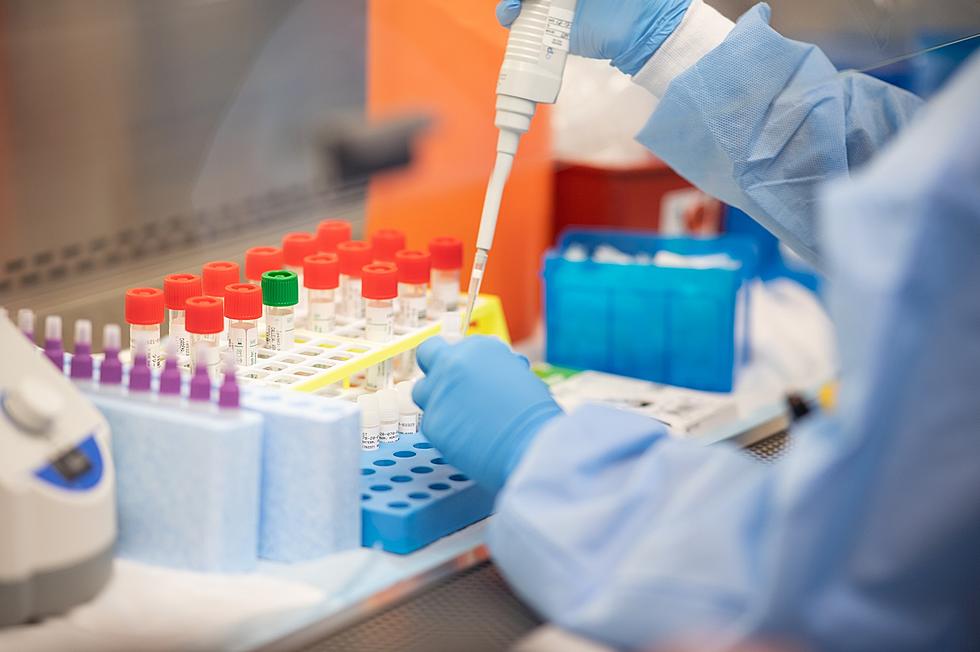New Delhi: As top drugmakers, scientists and independent researchers join an unprecedented race to develop a vaccine against SARS-CoV-2 virus that causes deadly COVID-19 disease, the ordinary souls are left confused, grappling with claims making rounds on social media as if a COVID-19 drug or a vaccine is just around the corner.
The stark truth is: There is absolutely none.
The piecemeal efforts are currently on in various countries, but a coordinated global vaccine development effort is nowhere to be seen.
According to Dr Seth Berkley, CEO of Gavi, the Vaccine Alliance in Geneva, unless “we take a global perspective and ensure that everyone has access to future COVID-19 vaccines, this virus will keep coming back.
“And in a race like that, there are no winners,” he tweeted Wednesday.
In an article in UK-based The Spectator, Dr Berkley said: “Without global coordination, there is a danger that we could end up facing immediate shortages and a vaccine that is merely the first to be approved, rather than the most effective or safest”.
Billionaire philanthropist Bill Gates has announced his foundation is paying for the construction of facilities that will manufacture seven promising coronavirus vaccines and the best two vaccines would be picked for final trials.
In India, the Serum Institute of India has collaborated with New York-based Codagenix Inc to develop a vaccine against the deadly respiratory virus.
According to the World Health Organisation (WHO), 42 vaccines are in pre-clinical stage while only two have entered Phase 1.
The two vaccines which are in Phase 1 are from CanSino Biological Inc. and Beijing Institute of Biotechnology; and Moderna/the National Institute of Allergy and Infectious Disease (NIAID) in the US.
From Zydus Cadila to Moderna, from Sanofi Pasteur to Sinovac — and several prestigious universities like Imperial College London and University of Oxford in between — the efforts are on to develop a vaccine, but all are currently in just preclinical stages.
Those 44 vaccines use a wide range of delivery platforms and techniques to protect our bodies from Sars-CoV-2 virus.
According to experts, the COVID-19 vaccine is at least 12-18 months away, so there is no need to jump on every occasion someone announces a new one.
“We need to set aside nationalistic and financial interests when tackling Covid-19. Instead, we need a global, publicly funded, ‘Big Science’ approach that encourages collaboration and the sharing of information and resources,” stressed Dr Berkley.
“Like the Human Genome Project, the Large Hadron Collider and other Big Science projects, this approach would allow the world to make significant advances more quickly and efficiently than could be achieved through piecemeal efforts,” he added.
Apart from vaccines, nearly 70 drugs and experimental cocktails are being examined. The WHO has announced a global trial called ‘SOLIDARITY’ to find out if any drug can actually treat infections with the new coronavirus.
Scientists have suggested dozens of existing compounds for testing, but WHO is focusing on what it says are the four most promising therapies.
These are “an experimental antiviral compound called remdesivir; the malaria medications chloroquine and hydroxychloroquine; a combination of two HIV drugs, lopinavir and ritonavir; and that same combination plus interferon-beta, an immune system messenger that can help cripple viruses,” said the article in the journal of the American Association for the Advancement of Science (AAAS).
California-based biotechnology company Gilead Sciences says it is ready with 1.5 million individual doses of promising remdesivir drug against COVID-19 disease for compassionate use, expanded access and clinical trials.
Remdesivir is still an investigational medicine and has not been approved by regulatory authorities anywhere in the world.
US President Donald Trump made Hydroxychloroquine a wonder drug, but there are conflicting reports, available data are thin and results from COVID-19 patients are murky.
A study that first claimed that anti-malaria drug hydroxychloroquine is an effective treatment for the novel coronavirus has now been slammed by the same society that publishes the journal in which the paper first appeared.
The Scotland-based nonprofit International Society of Antimicrobial Chemotherapy (ISAC) has stressed that the study in question that appeared in its International Journal of Antimicrobial Agents (IJAA) “did not meet its standard”.
In Dr Berkley’s viewpoint: “It’s clear now that vaccination is the only way to end this pandemic and return to a more normal life, so we need take steps to ensure we don’t have a repeat of what happened in 2009 during the H1N1 swine flu pandemic, where a small number of countries effectively hoarded the global supply of vaccines”.
(IANS)
